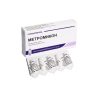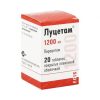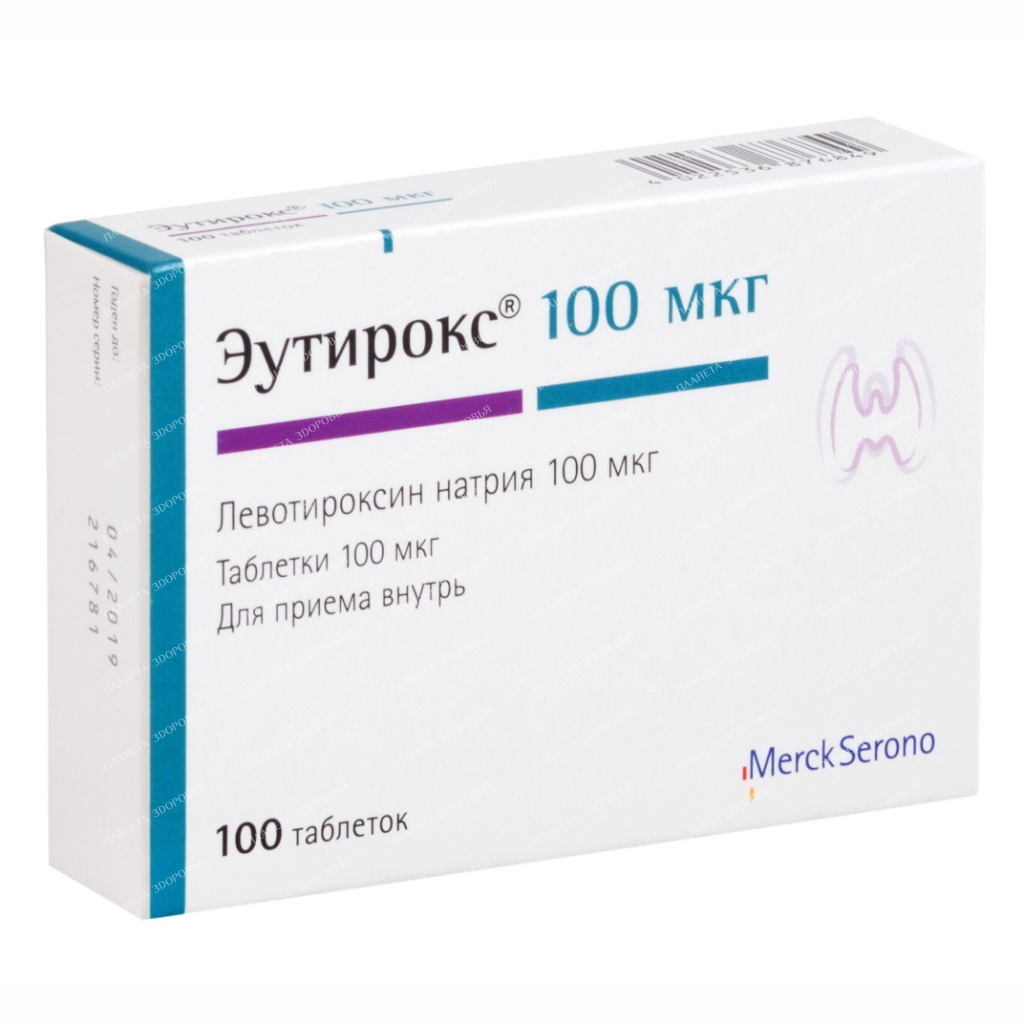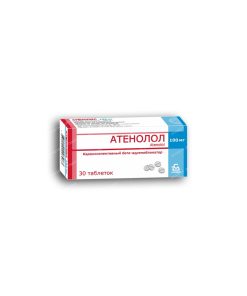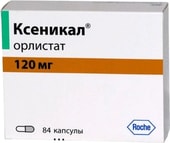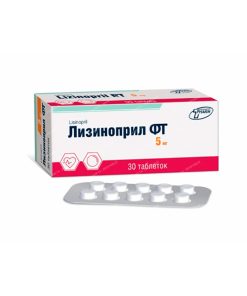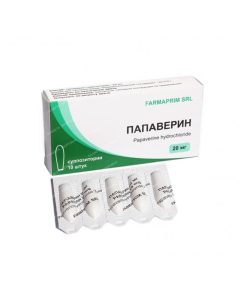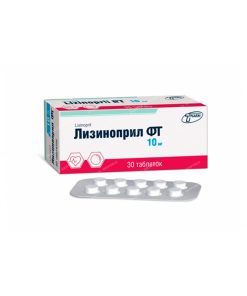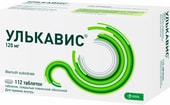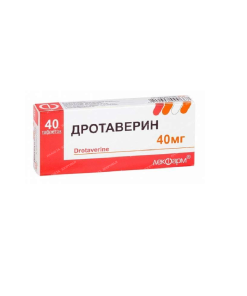-
×
 OlainFarm Vasomag, 250 mg, 40 caps.
1 × $29.00
OlainFarm Vasomag, 250 mg, 40 caps.
1 × $29.00 -
×
 Rubicon Venolex, 450 mg, 60 tablets
1 × $42.50
Rubicon Venolex, 450 mg, 60 tablets
1 × $42.50 -
×
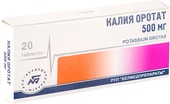 Belmedpreparations Potassium Orotat, 500 mg, 20 tablets
1 × $19.00
Belmedpreparations Potassium Orotat, 500 mg, 20 tablets
1 × $19.00 -
×
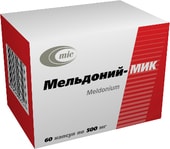 MIC Meldonium-Mick, 500 mg, 60 caps.
1 × $69.00
MIC Meldonium-Mick, 500 mg, 60 caps.
1 × $69.00 -
×
 Belmedpreparations Riboxin, 200 mg, 50 tablets
1 × $9.00
Belmedpreparations Riboxin, 200 mg, 50 tablets
1 × $9.00 -
×
 Herbion Linkas with mint flavor, 16 pastes.
1 × $19.00
Herbion Linkas with mint flavor, 16 pastes.
1 × $19.00
Subtotal: $187.50
 Free worldwide shipping on orders $99+
Free worldwide shipping on orders $99+  US: temporary delays — postal services aligning new import rules,
US: temporary delays — postal services aligning new import rules,  EU: 1–2 weeks,
EU: 1–2 weeks,  Worldwide: 1–4 weeks
Worldwide: 1–4 weeks 

